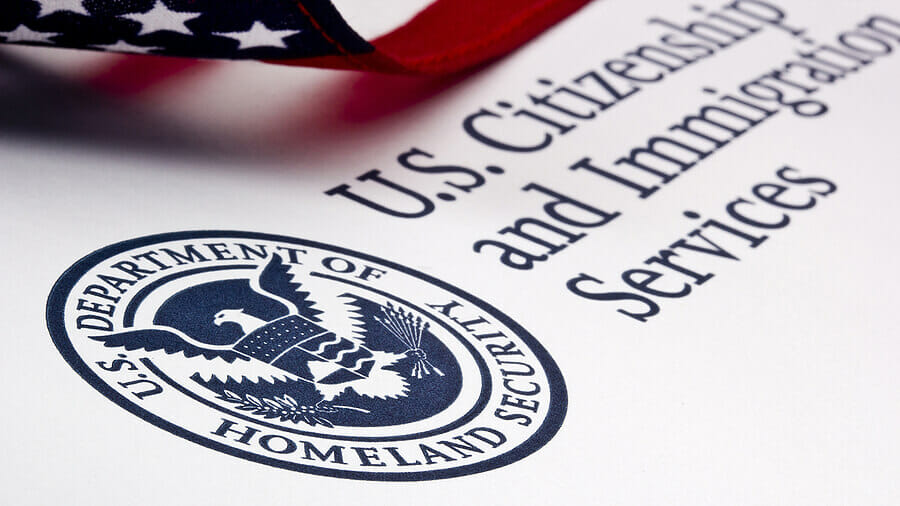Venezuela and Burma were recently designated for Temporary Protected Status (TPS) for 18 months, and Syria’s TPS designation was extended for the same length of time. Below is a look at what this means for nationals from those countries now residing in the United States.
What is TPS?
The Secretary of Homeland Security may designate a foreign country for TPS if conditions in that country temporarily prevent its nationals from returning safely or if the country is unable to adequately handle the return of its nationals. Specific situations may include armed conflict, environmental disasters, epidemics, or other conditions of an extraordinary, temporary nature. TPS applications can be filed by eligible individuals who are already in the United States and who are nationals of TPS-designated countries (or parts of those countries) or are without a nationality and last resided in a TPS-designated country. Individuals eligible for TPS may apply for work authorization documentation. Please note TPS is a temporary benefit that does not lead to lawful permanent resident status or give any other immigration status. If you want to remain in the U.S. on a more permanent basis, you should consult an experienced immigration attorney to discuss whether you may qualify for another type of immigration status.
Eligibility requirements
To be granted TPS, eligible individuals must file during the open initial registration or re-registration period. In some cases, late registration may be accepted for applicants who have a good reason for filing late. Eligible individuals must have been continuously present in the United States since the effective date of their country’s most recent TPS designation date and must have been residing in the United States since the date specified for their country. Individuals found inadmissible due to non-waivable criminal or security-related grounds are not eligible for TPS.
Effective dates
Secretary of Homeland Security Alejandro N. Mayorkas cited “extraordinary and temporary conditions” for designating Venezuela for TPS, noting nationals cannot return safely due to a complex humanitarian crisis that includes widespread hunger and malnutrition, a growing presence of non-state armed groups, repression, and a crumbling infrastructure. Venezuela’s TPS designation is effective from March 9, 2021 through September 9, 2022. The registration period extends through September 5, 2021, and eligible applicants must have been living in the United States as of March 8, 2021.
Burma received TPS designation because of the worsening humanitarian crisis resulting from the military coup there and ensuing violence by security forces against civilians. To be eligible for TPS, applicants must show continuous residence in the United States since March 11, 2021; more details will be announced shortly.
Syria’s TPS designation is extended through September 30, 2022 due to extraordinary and temporary conditions created by ongoing armed conflict. The extension period allows 6,700 current beneficiaries to re-register to retain their TPS for an additional 18 months, provided they are not otherwise ineligible, and for about 1,800 additional individuals who have continuously resided in the United States since March 19, 2021 to apply for the first time. The 60-day re-registration period extends through May 18, 2021; new applicants have until September 15, 2021 to register.
Filing for TPS
To register or re-register for TPS, you must file Form I-821, Application for Protected Temporary Status. You can request an Employment Authorization Document (EAD) by submitting Form I-765, Request for Employment Authorization. Form I-765 can either be filed with Form I-821 or afterward, but sending them at the same time will likely speed up delivery of your EAD. If you are aware that a relevant ground of inadmissibility applies to you and you need a waiver, include Form I-601, Application for Waiver of Grounds of Inadmissibility with your TPS application. However, you need not file Form I-601 for an incident that USCIS has already waived with a prior TPS application.
After USCIS receives your forms along with supporting documents and fees, the agency will review the application for completeness and issue a receipt number, which you can use to check the status of your case online. Most TPS applicants will be contacted to come into an Application Support Center to submit biometrics (photo, signature and/or fingerprints).
Additional options
Depending on your circumstances, you may be eligible for other immigration options beyond TPS. An experienced immigration attorney can advise you on what options are available based on your circumstances and provide guidance on the best course of action.
Barst Mukamal & Kleiner’s immigration lawyers provide comprehensive immigration law services. We encourage individuals with questions regarding TPS applications or appeals to contact a BMK attorney. For general inquiries or to set up a consultation, please visit https://bmkllp.com/contact-us/.


